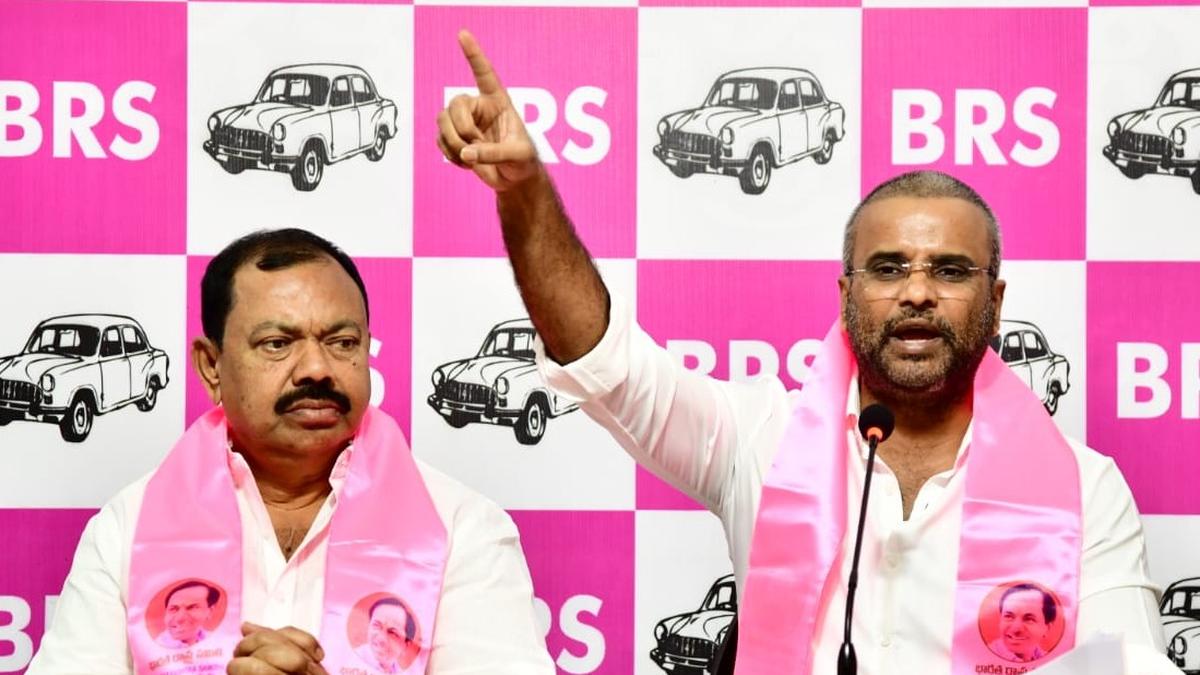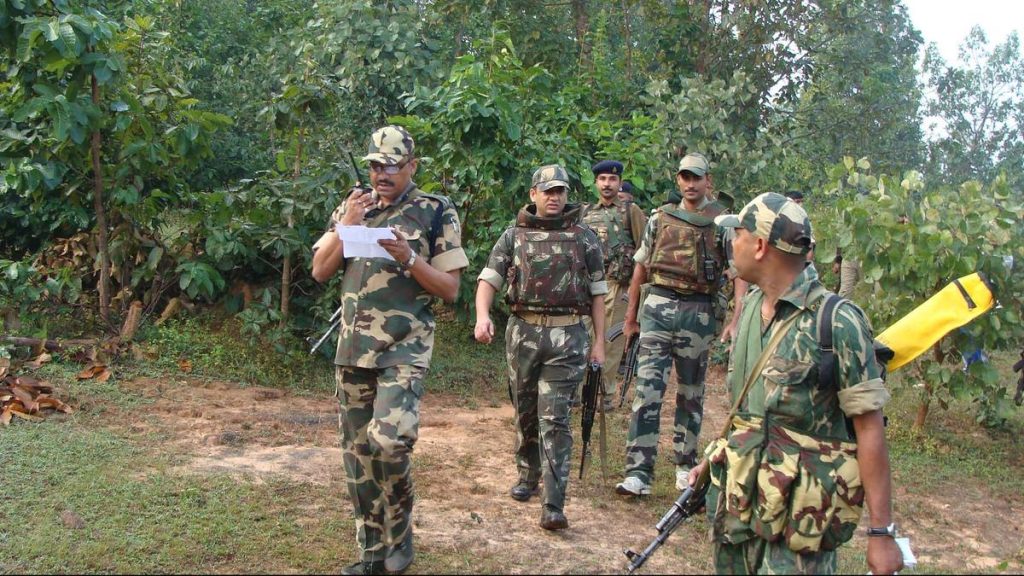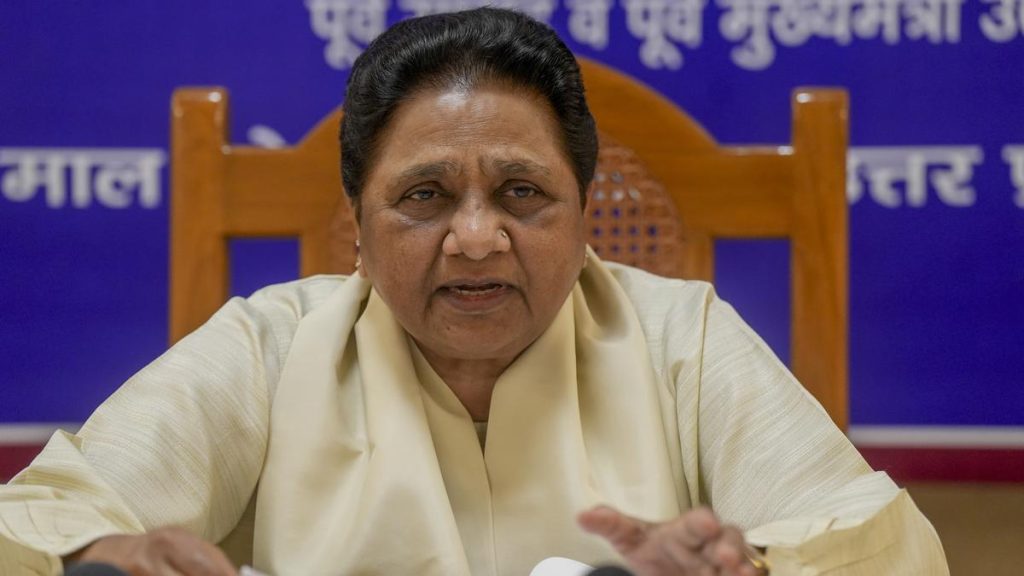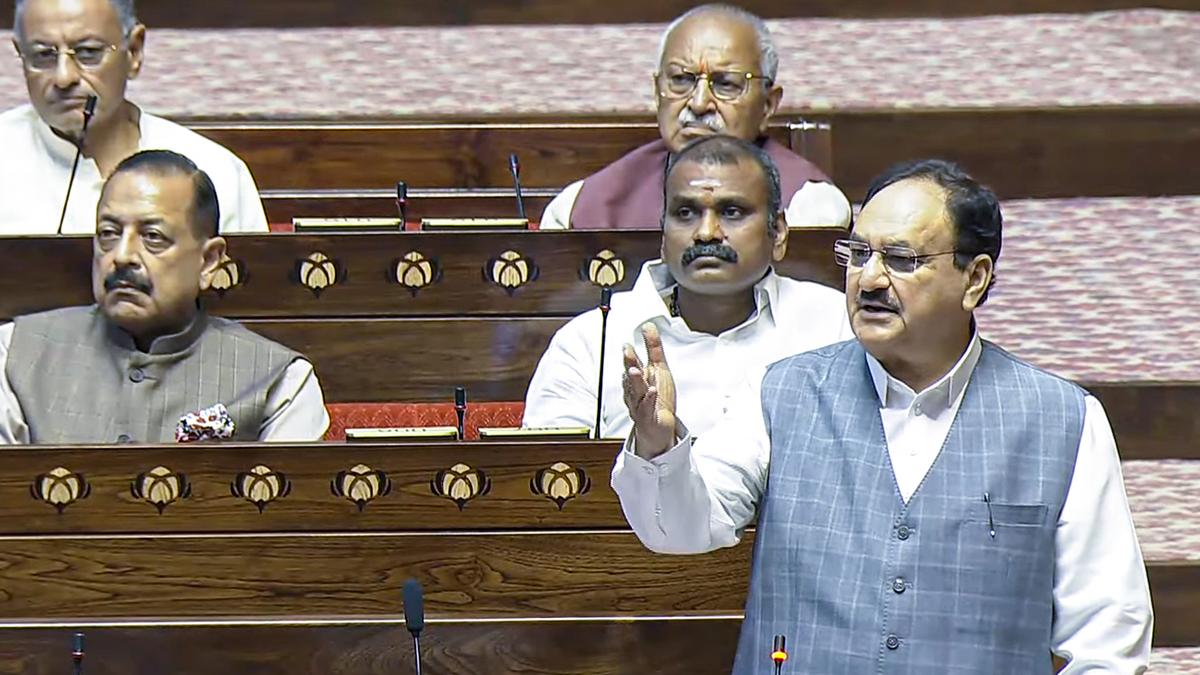Now Reading: BRS Criticizes CM Over Partial Efforts to Enforce 42% BC Quota
-
01
BRS Criticizes CM Over Partial Efforts to Enforce 42% BC Quota
BRS Criticizes CM Over Partial Efforts to Enforce 42% BC Quota

Speedy Summary:
- Context: Bharat rashtra Samithi (BRS) criticized Telangana Chief minister A. Revanth Reddy for what they called half-hearted efforts in implementing 42% reservation for backward classes (BCs) and alleged he was deceiving BCs in the state.
- caste Census Criticism: BRS leaders claimed the caste census conducted by the Revanth Reddy government had reduced BC population statistics and did not serve as a role model as proclaimed.
- Legislative Actions: The Chief Minister reportedly promised too lead an all-party delegation to Delhi to secure presidential assent for enabling legislation, but BRS alleged this commitment was not fulfilled.
- Personal Remarks: CM Revanth Reddy was accused of making derogatory comments about BRS MLC D. Sravan, Congress MLA K. Shankaraiah, and Minister V. Srihari, who were described by BRS leaders as individuals who earned their positions thru merit and contribution.
- Demand from CM: BRS demanded the Chief Minister apologize for insulting remarks directed at these leaders and urged him to implement enhanced reservation scientifically while fulfilling prior promises made under the BC Declaration.
Indian Opinion Analysis:
The allegations raised by Bharat Rashtra samithi against Telangana’s Chief Minister signal a significant political challenge centered around social justice policies like reservations for backward classes. The criticism over reduced figures in the caste census could affect public trust in its outcomes or future exercises nationally, given that accurate population data underpins policy effectiveness.
Moreover, unfulfilled legislative promises regarding advancing reservations may reflect governance gaps amidst rising demands from marginalized communities. Such instances potentially foster apprehension over weather major reforms align more with political theater than efficient policymaking.
The demand to approach reservations scientifically highlights a broader discourse on equity-oriented strategies rooted in robust methodology rather than ad hoc measures. If handled effectively with bipartisan support nationwide or high-level approvals like presidential assent,this case could inform procedural models across other states grappling with similar quotas.
for read more visit [source link provided].
























